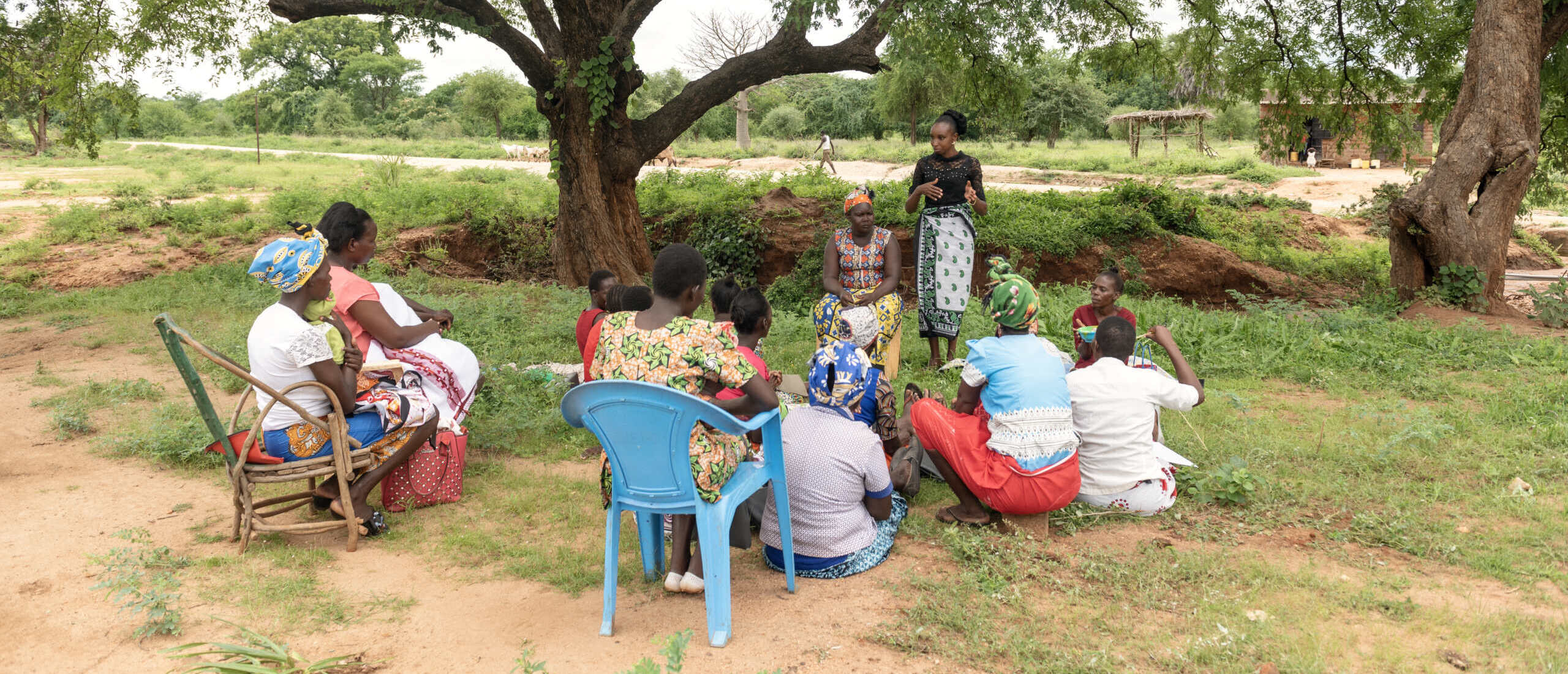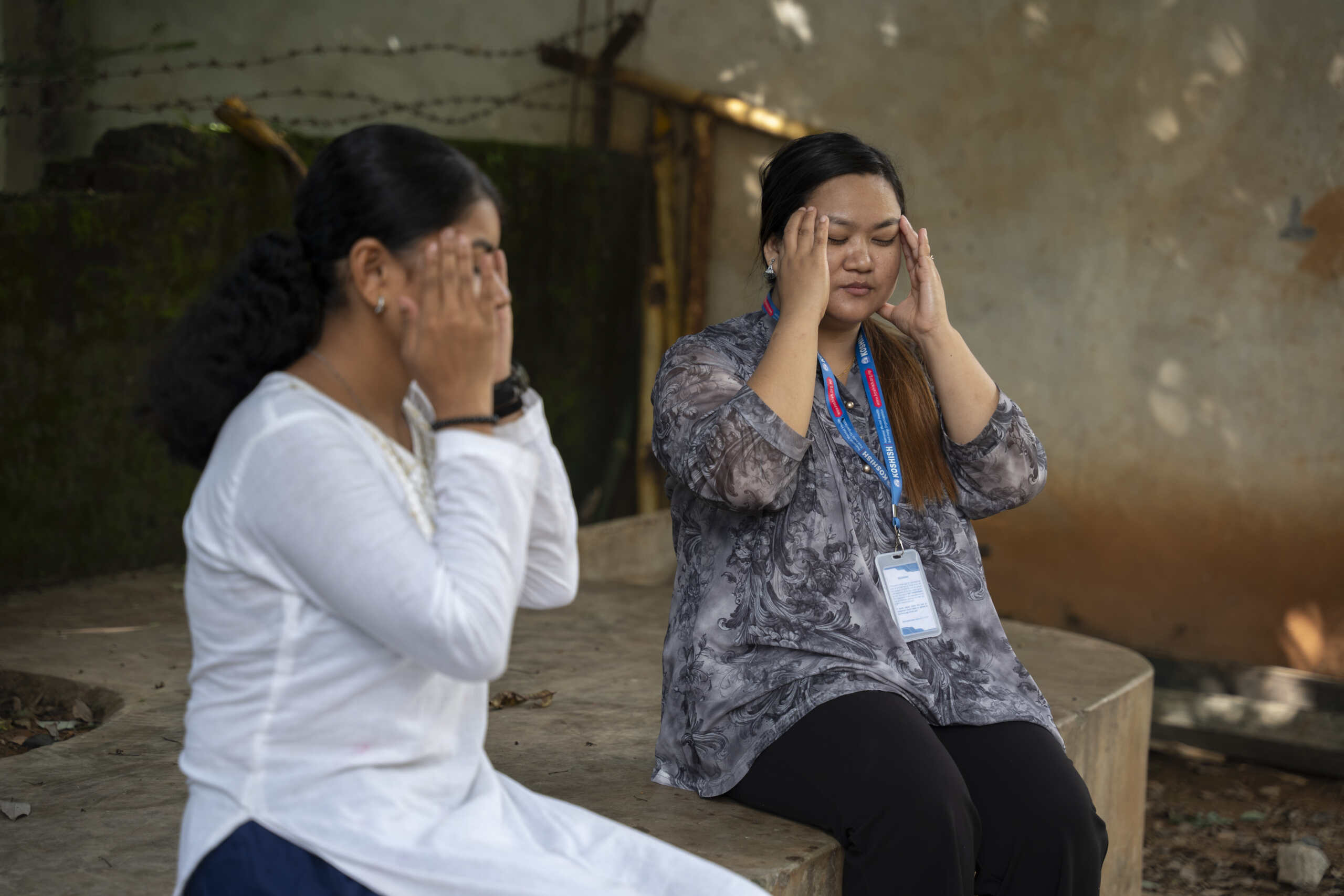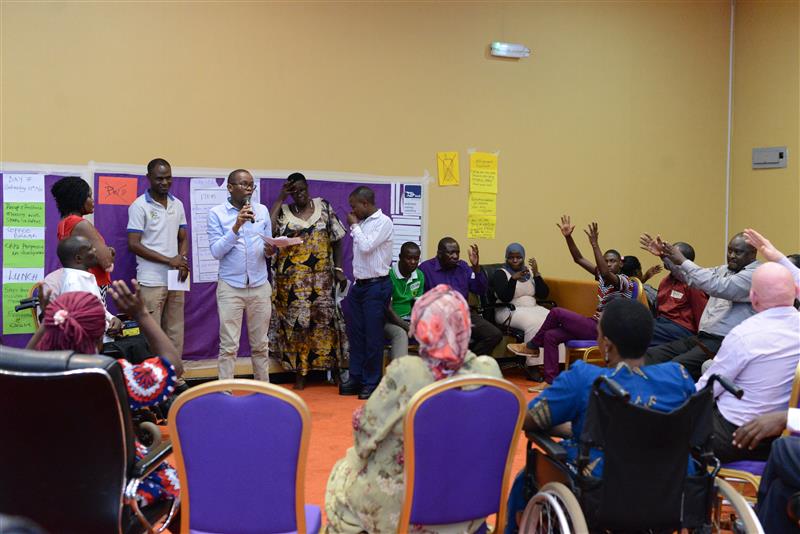Building data partnerships & capacity building for persons with disabilities in Asia & the Pacific
Blog | February 23, 2022
For persons with disabilities, data are important to understand who is being affected where and why, to understand the specific barriers persons with disabilities encounter, and what policies and programs are needed to mitigate those barriers to include persons with disabilities fully and equally into society. To change this, representative organizations of persons with disabilities (OPDs) must play a meaningful role in data collection, analysis, and use. And, with this, there is a need to strengthen the capacity of OPDs in understanding and using disability data to help develop and shape investments in evidence-based policies and programs.
As a result, the Stakeholder Group of Persons with Disabilities (SGPwD), the International Disability Alliance, and CBM Global Disability Inclusion developed a disability data advocacy toolkit for OPDs. The toolkit focuses on how to advocate for data, and better data, and how to advocate using data. It is available in Arabic, Easy Read, English, French, International Sign, and Spanish.
Emerging from the toolkit, in 2021, UNFPA Asia Pacific and CBM Global Disability Inclusion, in close collaboration with the Stakeholder Group of Persons with Disabilities, the International Disability Alliance, and national and regional organizations of persons with disabilities (including the Pacific Disability Forum and ASEAN Disability Forum), established an innovative partnership to build capacity in and increase the quality of disability data in the Asia-Pacific region. This, in turn, aimed to influence the 2030 Agenda for Sustainable Development and its Sustainable Development Goals.
As background, the UNFPA Asia-Pacific region has seen varied engagement, investment, and approaches around disability data and related advocacy. Up until now, there has been no clear cross-regional analysis of the inclusion of disability data in census and large-scale household surveys, so this partnership was particularly valuable.
The project has produced three key outcomes: a regional report on the status of disability data in the Asia-Pacific region, disability data advocacy workshop resources for OPDs, and publicly available data advocacy resources. Below are some key findings from the report and training.
Regional Report: In 2021, mapping was carried out on the national collection of disability data from censuses and large household surveys in the Asia-Pacific region (36 countries) through UNFPA Asia-Pacific Country Offices. Others involved in disability data including organizations of persons with disabilities also shared their experiences. Information was gathered from sources such as National Statistical Offices and other government focal points responsible for monitoring the Incheon Strategy indicators and corresponding Sustainable Development Goal indicators. Twenty of the 36 countries were represented in responses.
Some key findings include that:
- The level of knowledge and ease of collecting disability data varied widely across respondents;
- Only 1 in 4 respondent countries in the Asia-Pacific region could monitor critical disability-inclusion indicators relating to healthcare access;
- Only 1 in 5 respondent countries in the Asia-Pacific region were using internationally recommended methods for identifying persons with disabilities in their national data systems;
- Only in 1 in 4 respondent countries in the Asia-Pacific region were systematically identifying and reporting on barriers and enablers for persons with disabilities to access education;
- Most of the respondent countries have significant gaps in their overall technical capacity to produce critical development indicators on persons with disabilities;
- Although many respondent countries can disaggregate the indicators they produce, very few are using questions framed around functioning to identify persons with disabilities, for example, the Washington Group questions. This raises questions on the quality, usefulness, and comparability of the data; and
- Many persons with disabilities are concerned about inadequate data and evidence around persons with disabilities, but do not feel they know enough to confidently use or advocate for better data.
Recommendations are made based on these findings for donors, National Statistics Offices, OPDs, and others.
Workshops: Materials were prepared and tested for disability data advocacy workshops for OPDs. The workshops were hosted and facilitated by OPDs for their members and were built around eight modules and focused on growing understanding of disability data, how to use it in service of their advocacy objectives, and how to advocate for better data. The workshops were piloted in Samoa with 15 persons with disabilities and online for Nepal with 28 persons with disabilities. Further desk-based user testing was also undertaken. Feedback included, for example, the value of different levels of content, having face-to-face as well as online guidance, and advantages of building communities of practice amongst OPDs to share experiences and resources. Feedback from the pilot and user testing will be used to revise and finalize materials that will be openly available in 2022.
Building off feedback from workshops two practical resources were prioritized for development, with OPDs as their primary audience.
- The first focused on guidance to help OPDs understand the current status of national disability data, as it relates to their advocacy objectives.
- The second provides a brief explainer of the Washington Group Questions on disability – to help with simple messaging in advocacy and understanding of current data.
Overall, the findings from this project reinforce that data are essential for government officials and policymakers to fulfill the rights of persons with disabilities. Understanding what, why, and how disability data are collected is important to inform future advocacy and investment. Also, it is imperative to involve persons with disabilities and their representative organizations to fully participate in all data processes. And, also key, is to invest in data for disability-inclusive development and to build capacity in stakeholders, including training for enumerators, and especially OPDs.
We hope to build on this partnership and continue to engage in these and other partnerships, investment, and capacity building of disability data in the region and elsewhere.
Read the report: Are persons with disabilities included in the effort to leave no-one behind? Mapping disability data in development in Asia and the Pacific
This blog is written by Elizabeth Lockwood, CBM’s representative to the United Nations.
Main image: Deu riding her tricycle to work, after receiving support from CBM’s partner the Nepal Disabled Women Association to start her own sewing business. ©CBM
https://cbm-global.org/blog/data-partnerships-capacity-building
Related News

What our partners told us and how it shapes our future
One of our strategic priorities as a Federation is to shift power in partnerships....

Breaking Stigma, Building Hope: Suicide Prevention in Nepal
After losing her young daughter to suicide, Maya developed a mental health condition while...

Accessibility, reasonable accommodation, and budgeting for inclusion
Budgeting for inclusion, accessibility, and reasonable accommodation must be...
